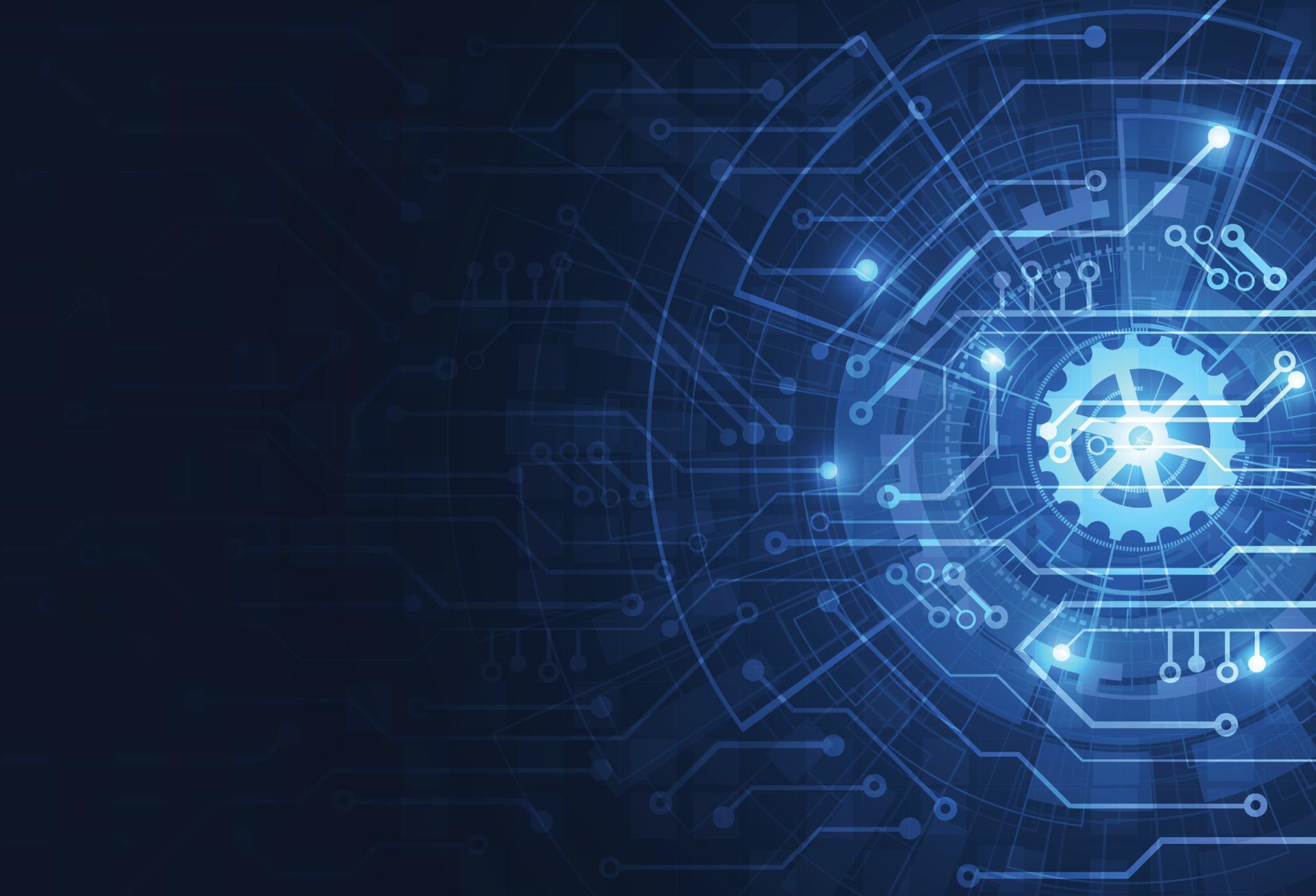In today’s fast-paced software development landscape, ambitious goals, complex technologies, and shifting priorities can lead to frustrated developer experience. However, the pressure to deliver faster, operate efficiently, and maintain robust security continues to intensify. What if there was a way to break through those barriers? A way to inject new energy into your projects, inspire your teams, and simplify the path to success?
Generative AI is emerging as a game-changer, as a fundamental enabler of productivity across all aspects of development. In this article, we’re going to look at specific examples of how AI is changing specific tasks and roles in software development
The full-stack impact of AI
Software development encompasses various engineering disciplines focused on creating products customers love. These disciplines include application development, DevOps, site reliability, machine learning, data, security, QA, and software architecture. Imagine a technology that could boost productivity across all these areas. AI is revolutionizing how developers build, operate, and secure software; embracing this technology can drive unprecedented levels of innovation within your organization.
Beyond code: The new frontier of software development
Code generation tools have become a prominent topic at technology conferences, with their ability to create boilerplate code, suggest code completions, and even generate entire functions or classes. This frees developers to focus on higher-level design and logic, but the benefits extend beyond just code generation.
Build: Accelerated innovation
- AI plays a crucial role in bug detection, prevention, fixes, and automated testing. It helps identify potential bugs early in the development process, significantly reducing the time spent on debugging and improving the developer experience. Companies like mabl have built software test automation using Google Cloud and machine learning. AI-driven test generation, execution, and static analysis tools contribute to faster release cycles and more reliable software.
- When data engineers and analysts can focus on extracting insights, their job satisfaction increases. Gemini in BigQuery speeds up complex tasks like data exploration, transformation, and query understanding, freeing them for more strategic work. For machine learning engineers, AI can help identify relevant features for models, leading to improved performance.
- Database administrators can directly enhance customer experience by using Gemini in Databases to analyze query patterns and suggest optimizations, ultimately leading to better application performance.
Operate: Efficiency and resilience
Superior customer experience doesn’t end with a completed build – in fact, it begins the moment development checks in their code. AI can revolutionize this process. It can optimize CI/CD pipelines, automating tasks like code deployment, testing, and monitoring. This leads to faster and more reliable releases.
To maintain product resiliency, operations teams often face immense pressure when issues arise, expected to resolve them with far greater urgency than development teams. AI assistants like Gemini Cloud Assist can be invaluable in these situations, analyzing system logs and performance data to swiftly identify the root cause of incidents. This minimizes downtime and enhances overall system reliability. Additionally, AI empowers SREs to forecast resource utilization, enabling the optimization of infrastructure and ensuring adequate capacity to meet demand.
Secure: Proactive approach
In the era of DevSecOps, security truly becomes everyone’s responsibility. AI empowers security engineers to analyze security logs and network traffic more effectively, identifying potential threats and automating response actions, ultimately reducing the risk of breaches. Gemini in Security Operations simplifies search, complex data analysis, and threat remediation in threat detection and response. Additionally, AI-powered tools can provide real-time feedback on code security, helping developers write more secure code from the very beginning, effectively “shifting security left” within the development process.
DevSecOps itself is a cultural and technical philosophy that emphasizes collaboration between development, operations, and security teams. AI acts as the ideal complement to DevSecOps, providing tools and insights that empower every engineer to contribute to the overall security and reliability of the software they build.
Unlock the future of software
Harnessing the transformative power of AI can propel your organization’s innovation quotient. However, navigating the path to AI-driven success and empowering your software development teams requires a strategic approach. To understand your enterprise capabilities to build modern applications in the AI era, take a solution assessment. At the end of the assessment, you will receive recommendations with an action plan. Reach out to your Google Cloud sales for the Gemini Code Assist for Developers Pilot program with guided workshops, program checkpoints and business cases to increase developer productivity and joy. Our solution experts can share recommendations, best practices and guidance on integrating AI into software development. For more information on the solutions, head over to the documentation.
By: Anto Joseph (Customer Architect)
Originally published at: Google Cloud Blog

